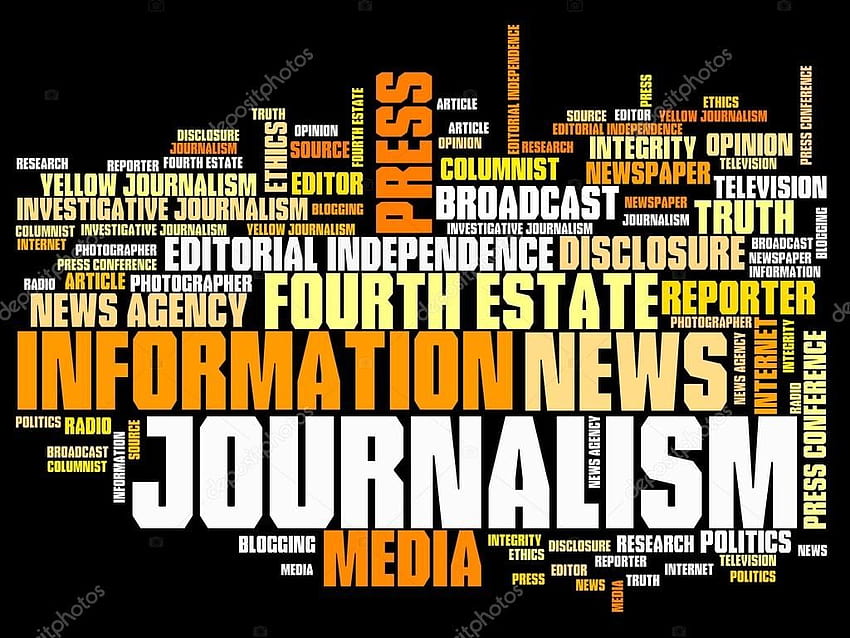
In an age where information flows abundantly and opinions can easily masquerade as facts, independent journalism stands as a beacon of clarity and truth. Amid the clamor of misinformation and sensationalism, it is the diligent efforts of independent journalists that shine light on underreported stories and hold powerful entities accountable. These brave individuals venture into the depths of societal issues, often at great personal risk, to uncover narratives that shape our understanding of the world.
The significance of independent journalism cannot be overstated. It serves not only as a watchdog, safeguarding democracy, but also as a vital source of reliable information for the public. In a landscape dominated by corporate interests and biased reporting, independent voices provide an essential counterbalance, ensuring that diverse perspectives are heard and explored. Their unwavering commitment to fact-checking and ethical reporting fosters an informed citizenry, enabling individuals to engage meaningfully in the discourse that governs their lives.
The Foundation of Independent Journalism
Check It Out
Independent journalism serves as a cornerstone of democratic societies, providing a necessary counterbalance to power. It stands apart from corporate media and government influences, enabling journalists to investigate and report on issues without fear of censorship or retribution. This independence fosters a culture of accountability, where the actions of those in power can be scrutinized and questioned, encouraging transparency and integrity.
At its core, independent journalism prioritizes truth and objectivity over sensationalism and profit motives. This dedication to factual reporting allows journalists to delve deeper into stories that matter, often highlighting voices and perspectives that are marginalized or overlooked by mainstream media. By doing so, independent journalists contribute to a more informed public, empowering citizens to engage in meaningful discourse and participate in democratic processes.
Moreover, the evolution of technology has further amplified the importance of independent journalism. The internet and social media platforms provide alternative avenues for independent voices to reach audiences, challenging the traditional media landscape. In an age where information is abundant yet often unreliable, the role of independent journalists in curating credible narratives becomes increasingly vital to society’s understanding of complex issues. Their commitment to ethical standards and thorough investigation underpins the integrity of the information that shapes public perception and policy.
Challenges Faced by Independent Journalists
Independent journalists encounter numerous obstacles that can hinder their ability to report effectively. One of the most pressing challenges is financial instability. Unlike large media organizations that often have extensive funding and resources, independent journalists frequently operate with limited budgets. This financial pressure can restrict their capacity to invest in comprehensive research, travel, or secure access to vital information, significantly impacting the quality of their work. Many independent reporters rely on grants, crowdfunding, or donations, which can be unpredictable and may shape the direction of their storytelling based on donor interests.
Another significant challenge is the threat of censorship and harassment. Independent journalists often cover sensitive topics that can attract backlash from powerful entities, including government officials, corporations, and other influential groups. This can manifest in various forms, such as legal intimidation, online harassment, or physical threats. Such dangers not only put their safety at risk but also create an environment of fear that can discourage open and honest reporting. The pressure to self-censor to avoid backlash or repercussions can lead to a diluted version of the truth reaching the public.
Lastly, independent journalists face the challenge of audience reach and engagement. In an age dominated by social media algorithms and established news outlets, gaining visibility for their work can be difficult. Many independent journalists must actively promote their stories through personal networks and social media platforms, often competing against larger organizations with more considerable resources and marketing power. This struggle for visibility can limit the impact of their reporting, as audiences may overlook or undervalue the contributions of independent voices in favor of mainstream narratives that dominate public discourse.
The Impact of Independent Journalism on Society
Independent journalism plays a crucial role in fostering democracy and informing the public. By providing unbiased news coverage and investigative reports, independent media outlets are essential for holding power accountable. When journalists operate free from corporate or governmental influence, they can see through manipulation and present facts that might otherwise be ignored. This transparency is vital for a well-informed electorate, allowing citizens to make educated decisions and engage meaningfully in the democratic process.
Moreover, independent journalism empowers marginalized voices by giving them a platform to share their stories. Traditional media outlets often overlook underrepresented communities, but independent journalism prioritizes inclusivity and diverse perspectives. This not only enriches the discourse surrounding social issues but also encourages dialogue between different societal groups. By amplifying these voices, independent journalists contribute to social justice and cultural awareness, leading to a more empathetic and informed society.
Lastly, the perseverance of independent journalism acts as a safeguard against misinformation and authoritarianism. In an era where fake news spreads rapidly, independent outlets serve as fact-checkers and trusted sources of credible information. Their dedication to accuracy ensures that citizens have access to the truth, fostering resilience against propaganda and censorship. As independent journalism continues to navigate the challenges of modern media landscapes, its impact on promoting transparency, inclusivity, and truth remains indispensable for the health of society.
